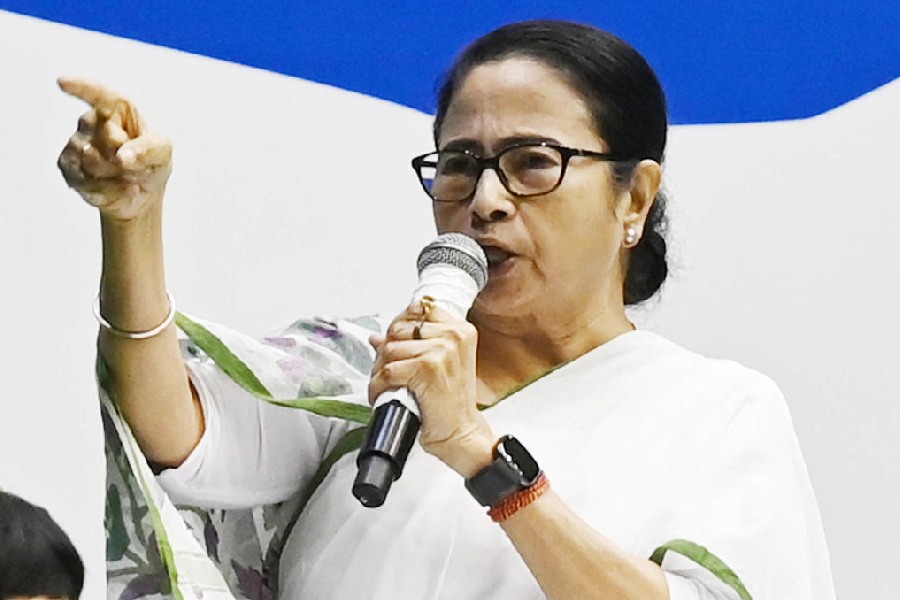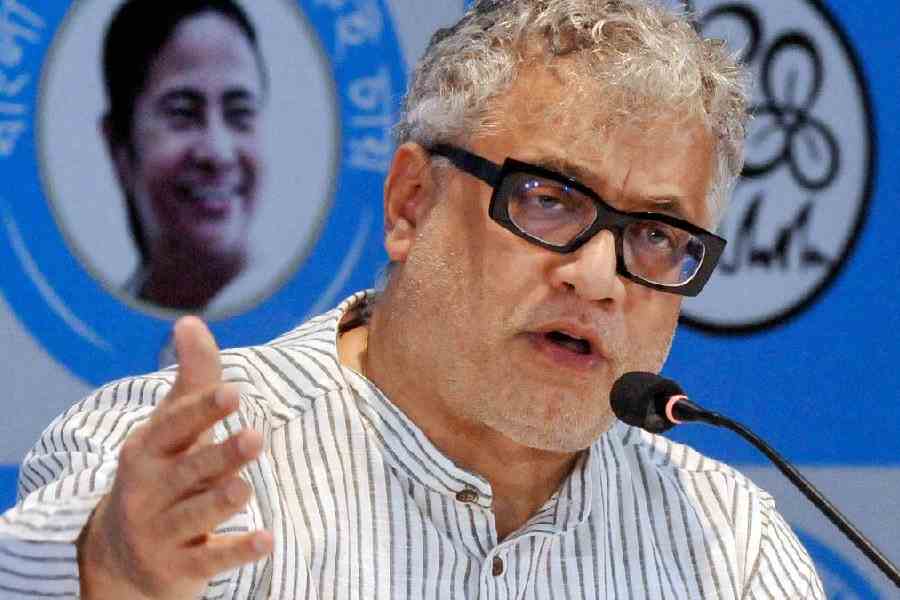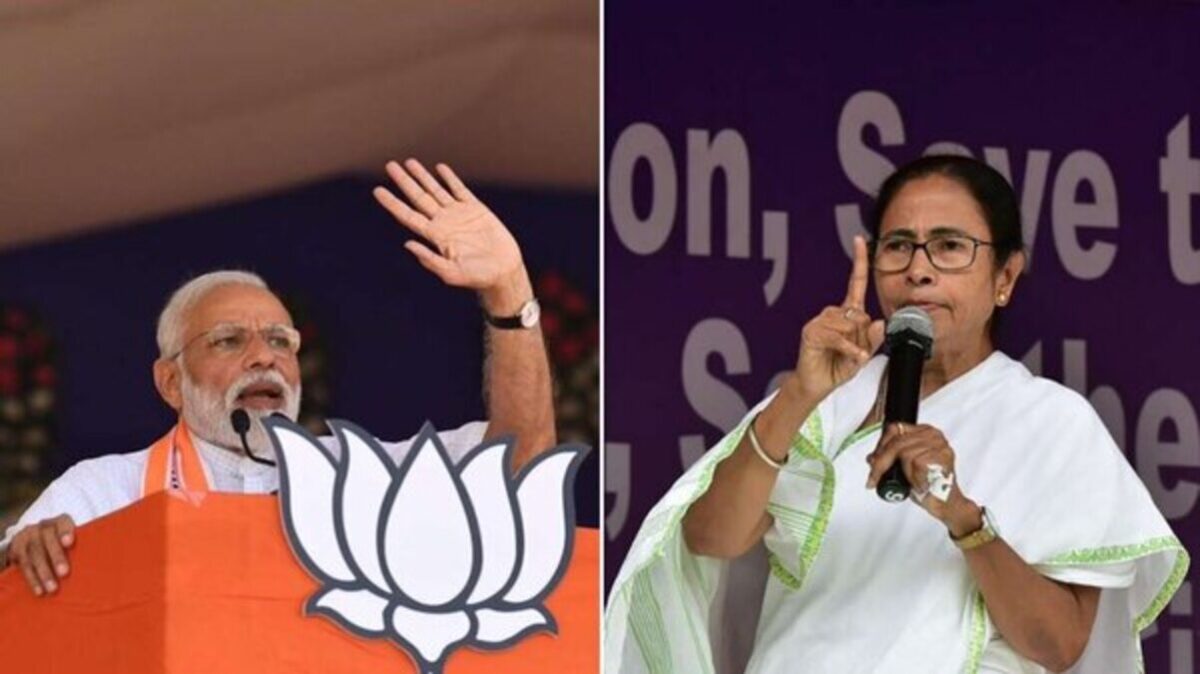Kolkata, 24th June: The recent India-Bangladesh joint meeting and PM Modi’s promise to renew the Ganga pact brewed questions from TMC counterpart. The first bilateral visit of Sheikh Hasina after Bangladesh’s 12th Parliamentary election, as mentioned by Bangladesh Supremo is expected to leverage through multiple opportunities for the tie-ups of these two countries.
The renewal of the 1996 Ganga Water Treaty is one of them, with the most diverging importance. PM Narendra Modi, intending to technical level talks with Bangladesh, expressed that collaboration, connectivity, and commerce followed the intriguing focus of their bilateral discussions.
But, slamming over PM’s decision, West Bengal TMC advocates that the state is an imperative party for the Ganga treaty. Excluding the state’s appearance from the treaty will harm the people of West Bengal.
Table of Contents

Renewal of the Ganga Treaty between India and Bangladesh
Major outcomes of talks between Prime Minister Narendra Modi and his Bangladeshi counterpart Sheikh Hasina on Saturday included moving forward to start negotiations on a comprehensive trade pact, sending a technical team from India to Bangladesh soon for a mega project to conserve and manage the Teesta River, and enhancing defense ties.
The choice to send a technical delegation from India to hold negotiations on the preservation of the Teesta River inside Bangladesh is significant since, despite New Delhi’s objections, China was actively pursuing the project, which was valued at approximately $1 billion. Next month, Hasina is scheduled to visit China.
India and Bangladesh also solidified a “futuristic vision” to further enable transformative cooperation in their engagement, reflecting the growing intensity of their connections. In addition, ten agreements were inked by the two parties to further their cooperation in several vital fields, including the digital realm, the marine industry, the blue economy, railroads, space exploration, green technology, and health and medical.
ALSO READ: Why is Bengal Still a Mystery to the BJP?

While both parties agreed to strive toward peaceful border management, a primary goal of the talks between the two prime ministers was to investigate methods to strengthen India-Bangladesh collaboration in digital and energy connectivity.
After Modi was elected prime minister for a third term in a row, Hasina was the first foreign leader to arrive in India on a bilateral visit. Following the discussions, Modi told the media that both parties had decided to begin negotiations on a comprehensive economic partnership agreement (CEPA).
Following bilateral discussions with his Bangladeshi counterpart Sheikh Hasina, Modi addressed a joint press conference and stated that connectivity, business, and collaboration were the main topics of discussion. Modi said they would put more of an emphasis on energy and digital connectivity. “To strengthen our economic connections even further, both parties are prepared to start CEPA negotiations. We have decided to start technical discussions for the 1996 Ganga Water Treaty renewal.
A technical team will be visiting Bangladesh shortly to oversee the management and conservation of the Teesta River, Prime Minister Modi announced. Modi continued, “To further strengthen defense ties between the countries, they discussed defense production.” We have decided to step up our collaboration in the fight against extremism, terrorism, and peaceful border management.” He added that the Indo-Pacific pact will set a precedent for future collaboration.
TMC’s Criticism of Ganga Pact Renewal
Mamata Banerjee, the supremo of the Trinamool Congress and the chief minister of West Bengal, expressed her dissatisfaction at being excluded from discussions between Bangladesh and India about the Ganga Water Sharing Treaty of 1996.
Banerjee is reportedly in contact with her friends in the INDIA group to garner support and bring up the issue in the upcoming Parliament session. Mamata Banerjee, who has long opposed the water-sharing agreement and blamed the Farakka barrage for the state’s erosion, siltation, and floods, has been displeased by this.
“I’m not hostile toward Bangladesh. I have a good personal contact with Dhaka. But I am West Bengal’s Chief Minister. I have to look out for Bengal’s interests. River Teesta is one. You are choosing without first contacting the West Bengal administration. This is not an example of federal unity”, Banerjee uttered.

Derek O’Brien, the TMC parliamentary party leader in the Rajya Sabha, criticized the Centre for renewing the Farakka-Ganga Treaty without involving the West Bengal government and not clearing the dues owed. He stated, “The Ganga is no longer being dredged, causing erosion and floods. This seems like a ploy to burden Bengal.”



